When I was 15 years old, I spent many hours outside of school working in my family’s landscaping, lawn maintenance, and snow removal business. I was given a leadership role and expected to manage employees, even though I didn’t have training or the capacity to do so well. It was hard. I felt judged—and determined inadequate—by both the employees I was trying to lead as well as by the family members I reported to. I still remember feeling it wasn’t fair. They didn’t have much information about me, what I was experiencing or what guidance I needed to be successful. The role isn’t something I would’ve chosen for myself.
Fast forward 20 years. I’d moved to Arizona, obtained my Thunderbird School of Global Management MBA, launched and grew a business and learned immense lessons about leadership and personal growth. I felt as if my eyes were opened to the world, and it was beautiful. There were so many possibilities for our lives, so much abundance, creativity, and experiences to be had.
Yet that old theme, judgment, came back. Only now I was the one doing the judging. When I encountered someone who wasn’t growing, changing, digging deep, looking within and getting better, I judged them negatively. I looked at people who hadn’t awakened and said, “Why do you choose to ignore my advice? I can help you love your life!”
This was wrong. Words don’t teach. Experiences do.
Today, I’m in a different place yet again. Now I understand that each and every human being gets to navigate their life’s path on their own terms and at their own pace. My judging others did absolutely nothing to help them along. When I was engaged in this thinking, the only person truly affected was the man in the mirror.
As Wayne Dyer so wisely says, “Judging a person does not define who they are. It defines who you are.”
In May 2020, we find ourselves in a time of great change and upheaval, where many are navigating challenges—personal, economic, familial, and otherwise. Have you felt yourself judging others lately? Are they “doing” this challenge wrong? Are they believing the wrong things, according to your view of the world? Or taking the wrong actions?
I’m not here to tell you who is right and who is wrong. That’s impossible. But I do want to help. It’s time to respect everyone’s pain-to-purpose journey, and it’s time to see ourselves in others.
Here’s Why
There are many tools in society that allow us to speak right now—and that’s a good thing. The First Amendment is crucial to the success of our country and should be protected. No matter what someone is saying, whether you agree or not, you should defend their right to speak.
Yet there seems to be unhelpful judgment that happens around the words chosen. We are all somewhat new to navigating social media and there’s no particular training on what’s wise to say or when to say it. If we all bring diversity of thought forth in a gentle way, everyone can benefit. But you’ve seen the reality. Instead of placing yourself in someone else’s shoes when you see a post or an idea you don’t like, the clap-back comment or block has become de rigueur.
We need to remind ourselves that we don’t have all the information that others have. We are equal yet different, and our differences, when combined, allow us to learn, to experience the fullness of life, and to create in new and interesting ways together.
Beware of Your Bias
There are two types of judgment attribution. The first is situational. This is when we say that a particular behavior comes from something in a person’s situation: “He forgot to signal that turn because his toddler is in the back seat throwing food.” The second is personality. This is when we say a behavior comes from the person’s character: “He forgot to signal in traffic because he is reckless.”
There tends to be fundamental attribution error. People over-emphasize personality-based explanations for behaviors observed in others while under-emphasizing situational explanations. For ourselves, we blame situational factors far more than our own personality, choices, or mistakes. We are fundamentally biased.
It is also interesting to consider that there are three types of judgment of personality:
-
- Morality: how well someone treats other people
- Sociability: how well someone treats others to promote affectionate relationships
- Competence: how capable we think someone is at accomplishing goals
While the morality judgment is most important to humans, much of this key aspect of our personality is instilled in us from birth to age seven, meaning we have little awareness of why we judge something as right or wrong. Dr. Bruce Lipton’s brain wave research shows that a child’s brain operates below the level of consciousness in theta waves (similar to adult dreaming) until about first grade. This is the time of life when our moral frameworks are set, and we unknowingly repeat the patterns we saw during those early years throughout our lives.
So, even judging someone’s morality is a biased exercise. We have to learn to understand what shaped another person’s worldview before we impose a morality judgment on them.
Instead of Judging…
Hopefully I’ve convinced you of the value of becoming less judgmental—and the reasons many of our judgments are deeply flawed. Now, I want to offer you concrete steps to take when you’re feeling your inner Judge Judy arise.
1. Recognize your limbic system response: You’ll do anything you can to protect yourself. When you feel a strong emotion, your limbic system is triggered and your body will go into fight, flight, or freeze mode. The best thing to do is nothing. Take a step back. Don’t say anything, stop typing. You’ll rarely regret taking a pause.
2. Ask, “What’s their pain?”: This question offers others the benefit of the doubt. All emotional reactivity today is due to a previous unhealed wound. If someone says or does something you feel is inappropriate, try to remember they’re being confronted with old, unhealed emotions. It’s powerful to consider, “What’s the origin story of this?”
3. Find the good: All persons have good qualities. We need to uncover and remind ourselves of them—and when we do, we feel better ourselves because we can imagine that others will give us the benefit of the doubt as well. Peace begets peace. It’s so easy to go to the personality discussion instead of considering situational factors. Resist the urge.
4. Realize we are all more similar than dissimilar: Recently, tour guide Rick Steves went to Iran and noted the warm friendliness he encountered from the people there. It is likewise with all humans everywhere. Ask, “What do I share in common with this person?” We all want to be trusted; we all want to be respected. Society teaches us to look for differences, but it’s more beneficial to look for commonalities.
5. Look in the mirror: Are you judging someone else for something you’ve done and regret? When we haven’t forgiven ourselves, that wound can manifest itself as judgement of others. It’s time to tell a new story and release the old weight: “I did this hard thing, I overcame the hard thing by learning these things, and as a result, I have now helped these people overcome the hard thing for themselves.”
A Better Way of Life Isn’t Just Possible, It’s Probable
Growth happens through adversity. Muscles are built through systematic challenge. We have many excuses right now to judge and divide. But if you would like to make something better out of this experience, you absolutely can. What are those things you’ve learned about yourself? What do you want to shed and leave behind? You may have time to do something new right now—and that’s an exciting thought.
The answers are already inside you. So, how are you designing your new normal? What habits do you want to adjust? What new ways of being are you introducing? Freedom, choice, feeling heard, and the ability to do what you want is foundational to loving life.
So, what will you do?
I’m excited to watch you create.
If you need a little help along the way, I’m here to offer you the tools and resources you’ll need—including ideas from my new book I KNOW, coming out this fall.
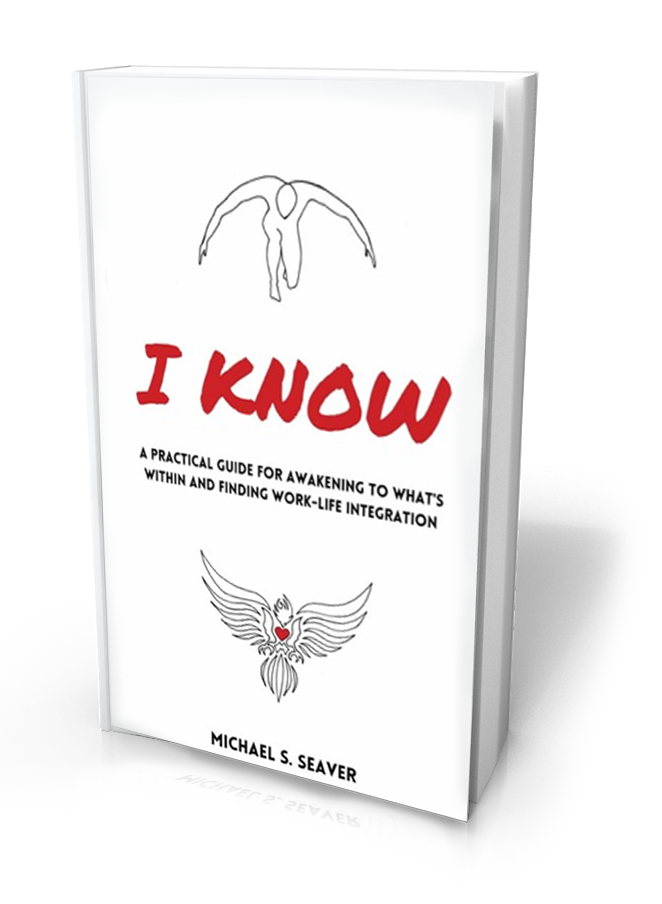

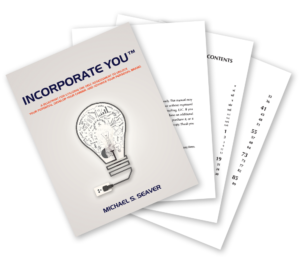
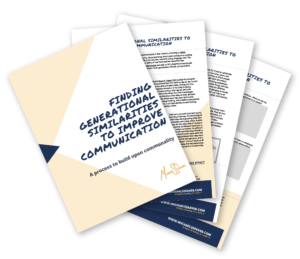
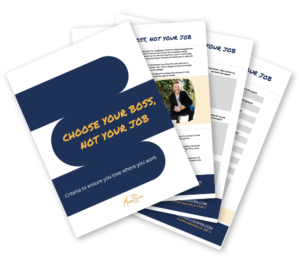
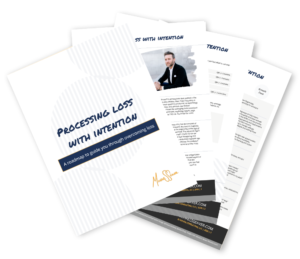
Connect with me